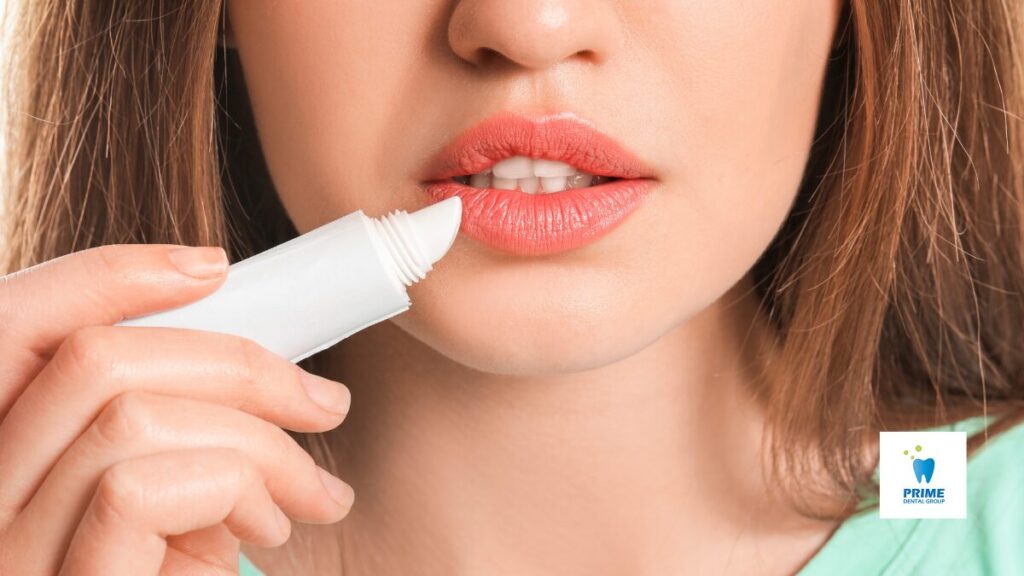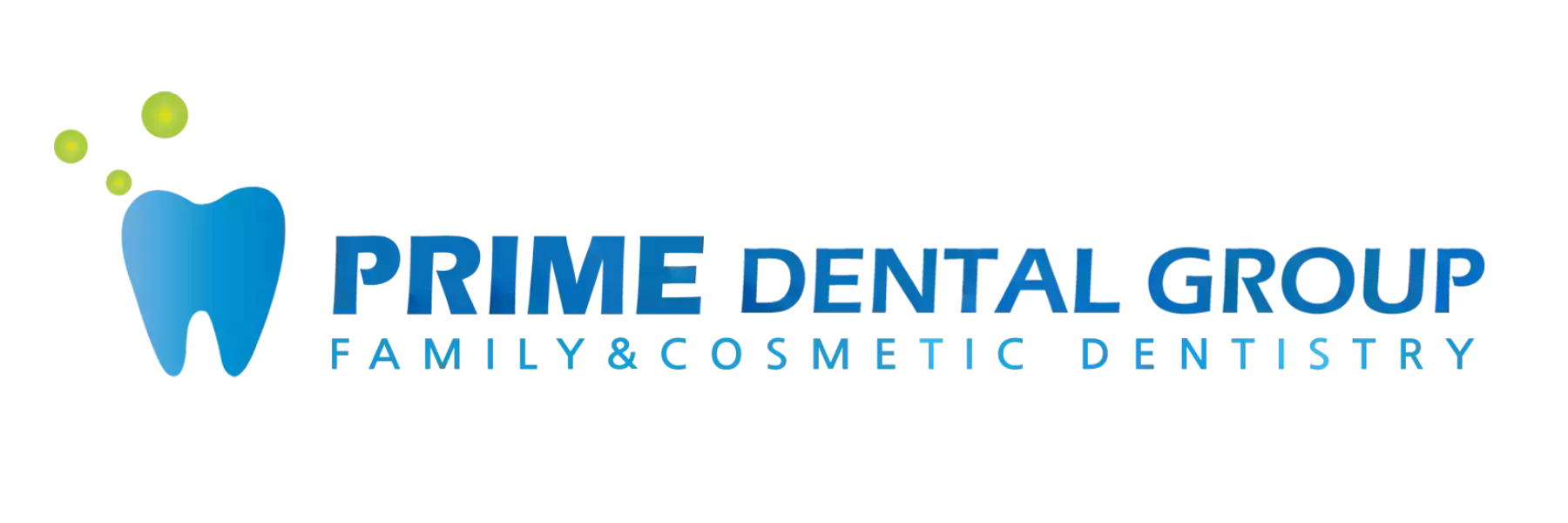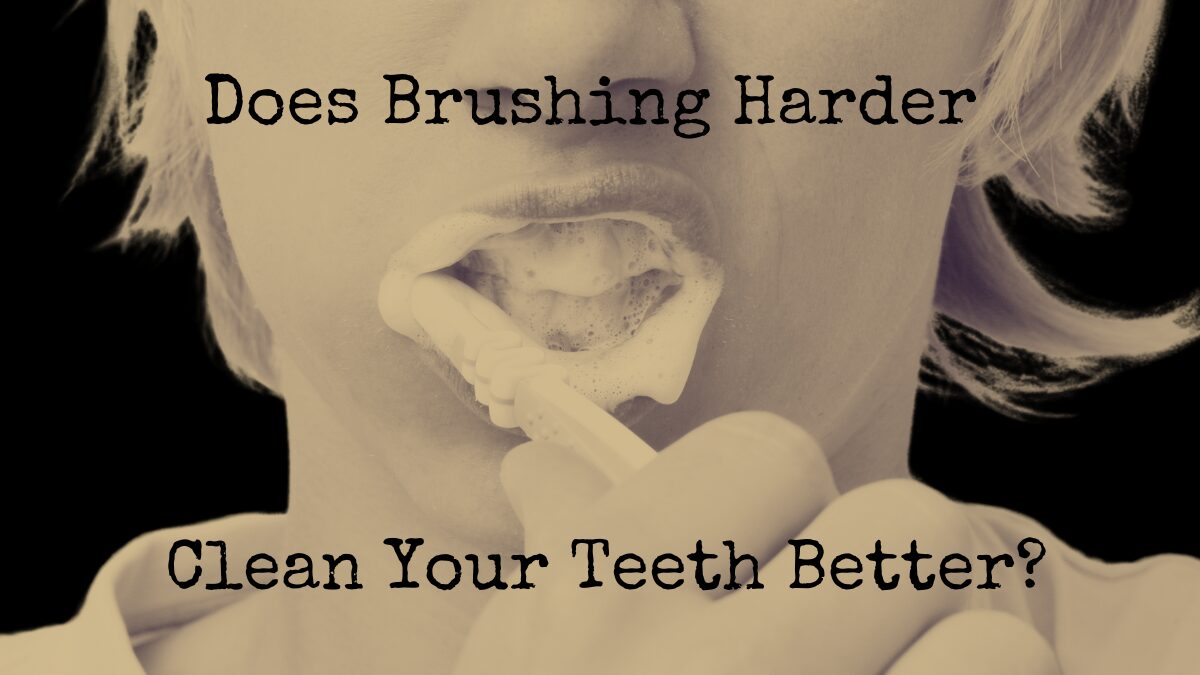Winter Dental Health Tips: Keeping Your Smile Bright During the Cold Months
As the temperatures drop and winter sets in, many of us focus on staying warm with cozy clothes and hot drinks. But there’s one aspect we often overlook during this frosty season—our dental health. Winter can be tough on your teeth and gums, but with a few easy steps, you can ensure your smile stays healthy and bright throughout these chilly months. Whether you’re sipping hot cocoa by the fire, indulging in festive treats, or braving the cold for a walk in the snow, these winter dental health tips will help you keep your mouth in top shape and ensure that your oral health doesn’t fall by the wayside.
Winter is a time for comfort, family gatherings, and delicious food, but it can also be a time when dental health issues arise due to the colder conditions. Understanding how winter affects your teeth and gums can help you make the necessary adjustments to protect your smile. It’s not just about avoiding discomfort—it’s about enjoying the season to the fullest without any pesky dental problems holding you back. Let’s dive into why winter presents these unique challenges and how you can address them effectively.

Cold Weather, Cold Teeth: Why Winter Impacts Oral Health
When the thermometer drops, so do your teeth’s defenses. Cold air can cause the tiny tubes within your enamel to contract, leading to increased sensitivity. Imagine stepping out of your warm home and that first icy gust of wind hits your face—your teeth feel it too! These rapid temperature changes can affect not only your comfort but also the structural integrity of your enamel. Temperature swings between indoor warmth and outdoor cold can lead to discomfort, especially if you already have thin or weakened enamel. When enamel becomes compromised, it’s easier for cavities to form, and sensitivity may worsen.
The cold air can make even everyday activities like sipping a warm drink or eating cold foods painful. If you already have fillings or any exposed dentin, the sensitivity may be exacerbated during winter. Understanding these dynamics is key to keeping your teeth happy and pain-free through the season.
Indoor Heating: Another Culprit for Dental Discomfort
While cozying up indoors feels wonderful, cranking up the heat also dries out the air. Less humidity means drier mouths, which can result in a decrease in saliva production. Saliva is crucial for keeping your teeth clean and neutralizing harmful acids in your mouth. Without enough of it, you may find yourself at higher risk for cavities or even gum infections. The absence of saliva also encourages plaque build-up, which can quickly turn into tartar if left untreated. Dry mouth can also lead to less-than-fresh breath—not what you want during close family gatherings!
Dry mouth isn’t just uncomfortable; it’s also dangerous for your teeth. Saliva acts as a natural defense mechanism, washing away food particles and buffering acid. Without sufficient saliva, bacteria thrive, leading to decay. To combat these effects, keeping your mouth moist and maintaining good habits become more essential in winter than in other seasons.
Combating Cold-Weather Challenges: Winter Dental Health Tips to Keep Your Teeth Happy
Protect Against Winter Dental Sensitivity
If cold air or hot drinks make your teeth twinge, you’re not alone. Dental sensitivity is common in winter, and it can make some of the season’s most enjoyable activities a lot less fun. To help combat this, use a toothpaste specifically designed for sensitive teeth, and remember to brush gently with a soft-bristled brush. Desensitizing toothpaste can work wonders by helping to block the pain signals from your teeth to your nerves, providing comfort during exposure to cold stimuli. Additionally, using lukewarm water instead of cold when brushing can help ease the discomfort.
Covering your mouth with a scarf when heading outdoors can also help shield your teeth from the biting cold air. A scarf acts as a barrier against the cold, maintaining a warmer temperature around your mouth and reducing the risk of the sharp, icy air aggravating your sensitive teeth. The more proactive you are in protecting your teeth, the less likely you’ll suffer from winter-induced discomfort.
Stay Hydrated to Fight Dry Mouth Remedies in Winter
The combination of heated indoor air and lower humidity in winter can leave your mouth feeling dry. Staying well-hydrated by drinking plenty of water is key to keeping saliva levels up. Not only will this help fight cavities, but it will also keep your breath fresher—which is always a plus, especially when celebrating the holidays with loved ones. Aim to drink at least eight glasses of water a day, even if you don’t feel particularly thirsty, as cold weather can sometimes mask dehydration.
You might also consider using a humidifier in your home to keep the air from getting too dry, giving your mouth some much-needed moisture. Humidifiers are great because they add moisture back into the air, counteracting the drying effects of heaters. Chewing sugar-free gum can also stimulate saliva production, providing another line of defense against dry mouth. Maintaining this moisture balance is crucial for keeping bacteria at bay and ensuring that your oral health stays in check all winter long.

Nourish Your Smile with Winter-Friendly Oral Hygiene Foods
Winter comfort foods can be delicious, but they’re not always tooth-friendly. Sugary treats and acidic drinks can damage enamel. Instead, try snacking on foods that are good for your teeth, like cheese, yogurt, nuts, and leafy greens, which are rich in calcium and vitamin D. These nutrients help to keep your enamel strong—a much-needed boost when winter is taking its toll. Cheese, for instance, has been found to increase saliva production and contain casein, which helps strengthen enamel.
Incorporate more crunchy vegetables like carrots and celery into your diet as well. These foods have a natural cleansing action and help stimulate saliva flow, which is essential for washing away bacteria. Eating seasonally available foods like winter squashes and root vegetables not only boosts your immune system but also contributes to better oral health. Foods rich in vitamin D, such as fatty fish or fortified dairy, help your body absorb calcium more effectively, ensuring that your teeth remain strong and healthy.
Limit Sugar Intake for Seasonal Dental Care During the Holidays
The holidays are synonymous with sweets, and it’s tempting to indulge in cookies, candies, and festive drinks. However, these sugary foods can contribute to plaque build-up and lead to cavities. The sugar feeds the bacteria in your mouth, which then produce acid that wears away at your enamel. Try to moderate your sugar intake and opt for healthier snacks whenever possible. If you do indulge, remember to brush afterward—or at least rinse your mouth with water.
If you find yourself at a holiday gathering without a toothbrush, sugar-free gum is a great alternative to freshen your mouth and stimulate saliva production. Making small adjustments, like substituting sugary sodas with sparkling water, can also go a long way in protecting your enamel. Staying conscious of how much sugar you consume helps maintain your dental health and reduces the likelihood of needing extra dental work post-holidays.
Don’t Skip Your Winter Dental Health Check-Up
It’s easy to forget about your dental appointments with everything else happening during winter, but it’s one of the most important times to keep up with your check-ups. Your dentist can spot issues early on, like cracked teeth caused by temperature swings or gum issues that may worsen due to dry mouth. Preventative care is always better than reactive treatment, especially when dealing with cold-induced dental problems. Plus, there’s nothing like a professional cleaning to give you that fresh start for the new year.
Regular dental check-ups are an opportunity to identify and address potential problems before they worsen. During winter, your dentist can provide personalized advice on combating dry mouth, sensitivity, and other seasonal challenges. It’s also a great chance to replace your toothbrush, which should be done every three to four months, or sooner if the bristles are frayed.
Actionable Tips: Making Winter Dental Care Simple
- Use Desensitizing Toothpaste: If you notice your teeth feel extra sensitive during winter, switching to toothpaste formulated for sensitivity can make a big difference. These products are designed to soothe the nerves within your teeth and help alleviate discomfort.
- Hydrate Regularly: Keep a water bottle handy, and try to drink fluoridated tap water if possible. Fluoride strengthens enamel, and staying hydrated will keep your saliva levels where they need to be. Don’t forget herbal teas are a great hydrating option, too—just be sure they are sugar-free.
- Cover Your Mouth: When going outdoors, use a scarf or mask to cover your mouth. This simple act prevents cold air from aggravating sensitive teeth and helps maintain warmth, reducing any sharp pain that can occur from the temperature drop.
- Practice Good Oral Hygiene: Don’t let holiday distractions disrupt your dental routine. Brushing twice a day and flossing at least once helps protect your teeth against decay—even when you’re busy. Using an alcohol-free mouthwash can also help keep bacteria in check without the drying effect of alcohol.
- Maintain a Balanced Diet: Foods rich in calcium and vitamin D help keep your teeth strong. Consider adding more dairy, leafy greens, and fortified foods to your diet during winter months. Including crunchy fruits and vegetables can also provide a natural cleaning action for your teeth.
Winter Dental Health Concerns: Seasonal Oral Care Tips

Dealing with Winter Chapped Lips and Cold Sores: Oral Health Tips
Winter weather doesn’t just affect your teeth—your lips take a beating, too. Dry, chapped lips are common due to cold air outside and dry indoor heat. Regularly applying a moisturizing lip balm can make a world of difference. Choose a balm that contains hydrating ingredients like shea butter or beeswax, and if you’re prone to cold sores, look for one with lysine to help prevent outbreaks.
If you’re prone to cold sores, which can be triggered by winter stress or chilly weather, over-the-counter treatments can help soothe and heal these painful sores quickly. Always keep a good lip balm on hand—one that contains SPF—as even in winter, the sun’s rays can damage sensitive lip skin. Staying hydrated also helps prevent your lips from becoming dry and cracked, which can provide an entry point for infections.
Addressing Jaw Pain from Cold Weather for Winter Oral Health
Have you ever noticed your jaw feels tighter in winter? Cold temperatures can make jaw muscles tense up, particularly if you’re shivering. This tightness can lead to jaw pain or even aggravate temporomandibular joint (TMJ) issues. To prevent this, make an effort to keep your face and jaw relaxed. Wearing a scarf to keep your jaw warm helps reduce tension, and consciously trying to avoid clenching will help prevent unnecessary strain.
If you experience severe jaw pain, consult your dentist—they may recommend a mouthguard to ease tension. A mouthguard can help you avoid grinding your teeth at night, which is more likely to happen when stress levels rise. Practicing gentle facial exercises can also help to alleviate some of the tension by increasing blood flow and loosening up the jaw muscles. Taking a few minutes each day to stretch and relax your facial muscles can go a long way in keeping discomfort at bay.
Conclusion: Embrace a Bright Winter Smile
Taking care of your teeth might not be the first thing that comes to mind when you think of winter, but it’s just as important as bundling up in warm layers. By following these simple yet effective winter dental health tips, you can ensure your smile stays healthy and pain-free all season long. Remember, protecting your teeth from cold sensitivity, keeping hydrated, and maintaining your regular oral care routine can make a huge difference.
Good oral health allows you to enjoy all the joys of winter without worry—from hot drinks to holiday laughter. And don’t forget, scheduling a check-up is one of the best ways to keep your oral health in check. Whether you’re in Bellevue or Lynnwood, we’re here to help keep your smile glowing through every season. Give us a call at Bellevue Prime Dental Group at (425) 605-3575 or Lynnwood Prime Dental Group at (425) 251-0707 today to book your appointment!
References
- Dentistry on Dusk. (n.d.). Top Dental Health Care Tips for Winter. Retrieved from https://www.dentistryondusk.com/7-dental-care-tips-to-follow-during-winter/
- Coastal Smiles Family Dentistry. (n.d.). Winter Dental Care: Tips to Keep Your Teeth Safe and Healthy. Retrieved from https://www.coastal-smiles.com/winter-dental-care-tips-to-keep-your-teeth-safe-and-healthy/
- New Era Dental. (n.d.). Seasonal Dental Emergencies: Your Smile Guide. Retrieved from https://www.neweradentalmi.com/seasonal-dental-emergencies/






